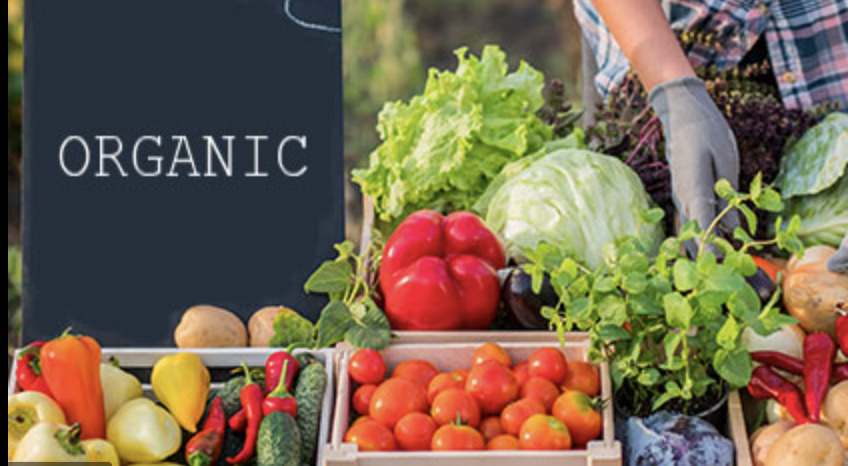- Have any questions?
- +1 905-239-3900
- info@mynaturalclinic.com
How & Why You Should Go Organic?

Mexican Meatball Soup
July 22, 2022
3 Excellent Alternatives to Coffee
October 16, 2022Written by Dr. Sandra Miranda, ND
“Organic” refers to a method of farming used to grow and process agricultural products like fruits, vegetables, grains, dairy products, and meat. Organic farming excludes conventional methods of fertilization and pesticides for weed control. Organic farmers use natural fertilizers to feed soil and plants and use crop rotation or mulch to manage weeds. In addition, organic farming is a more sustainable option since it’s designed to encourage soil and water conservation and reduce pollution.
Why choose organic?
- Pesticides- Conventional farmers use synthetic pesticides to protect crops from molds, insects, and diseases. However, residue from these pesticides can remain of produce. Buying organic produce reduces exposure to pesticide residue.
- Micronutrient levels- Recent research suggest levels of micronutrients are higher in organically produced foods than conventionally produced foods.
- Artificial additives- Conventional foods often use fortifying agents such as preservatives, artificial sweeteners, colorings and flavorings, and monosodium glutamate. Organic regulations ban or severely restrict the use of these additives.
- Environment- Organic farming is a more sustainable way of farming by reducing pollution and conserving water.
Buying Organic Produce
Purchasing foods that are all organic can be inconvenient and expensive. Luckily, not all foods are produced with the same volume of pesticides. There are certain produce items with high pesticide content that should be purchased organic as often as possible. There are also produce items traditionally grown with a lower amount of pesticides. These should be chosen when an organic option is not available.
The Environmental Working Group (EWG) releases a list of foods with the highest and lowest pesticides each year.
- EWG’s Dirty Dozen – High pesticide fruits and veggies:
- Peach
- Apple
- Bell Pepper
- Celery
- Nectarines
- Strawberries
- Cherries
- Kale
- Lettuce
- Grapes (imported)
- Carrot
- Pear
EWG’s Clean Fifteen – Lower in pesticide fruits and veggies:
- Asparagus
- Avocado
- Cabbage
- Grapefruit
- Watermelon
- Eggplant
- Pineapple
- Mushroom
- Onion
- Sweet Peas frozen
- Sweet potatoes
- Mango
- Kiwi
- Honeydew melon
- Papaya
Other clean foods not listed in Clean Fifteen:
bananas, blackberries, blueberries, broccoli, brussel sprouts, carrots, chard, corn,
lettuce, okra, papaya, peaches (canned), peas, radishes, tangerines, tomatoes, watermelon
Do what’s best for your body and the environment…. Go Organic!

